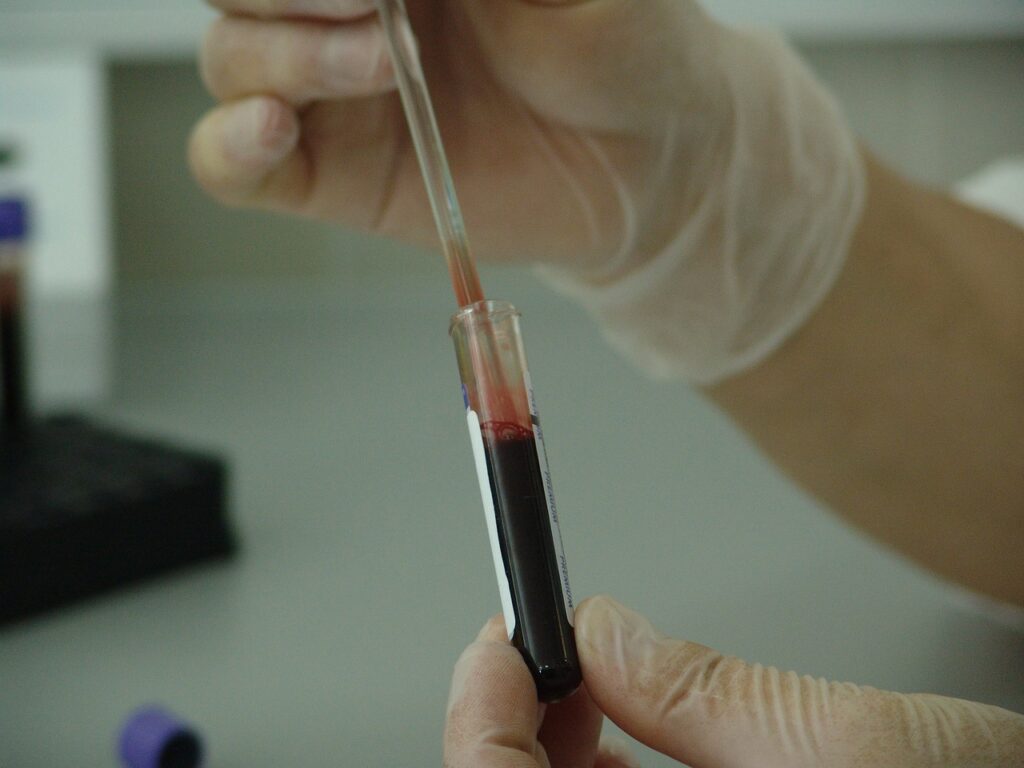Schools Nationwide To Start DNA Testing Kids?
Following the tragic shooting that occurred at an elementary school in Uvalde, Texas, lawmakers in the state are seeking to pass legislation that would require all parents to provide DNA samples of their children to schools.
This article is more than 2 years old
In 2021, the State of Texas passed a law called The Child Identification Program. It requires that the Texas Education Agency (TEA) offer fingerprint kits and DNA tests to parents and guardians of kids in Kindergarten thru middle school. And according to news reports, the distribution of those kits will start this week.
The Child Identification program is the first of its kind in the nation. And it should be voluntary. Interested parents and guardians can opt in.
But, after news of the Uvalde shooting, parents and guardians may not feel they have much choice. In the aftermath of Uvalde, where 19 elementary school-age kids got murdered, police made national news headlines for requesting DNA records. According to law enforcement, those records were necessary to identify the children.
Most parents have not completed DNA tests for their children and likely do not have fingerprint cards either. The new Texas law should make that process easier. However, it does bring up significant privacy concerns.
Who keeps the records from completed DNA test and fingerprint kit? Per The Child Identification Program, parents who keep those records safely at home until or unless law enforcement needs them. Some of the reasons cited would be in the event of a kidnapping, trafficking, or a school shooting.
One problem, though, is that most school shootings happen at the high school level. Approximately 60% of them, according to data from the K-12 School Shooting Database. That does not mean school shootings at elementary or middle schools are impossible, but they are less likely to occur.

And given the statistics, many safety experts are concerned about the new Texas law. Vice spoke with a couple of these experts to get their assessment. Both voiced reservations, not necessarily about the program but the implementation plan.
Parents and guardians will not pick up the DNA test and fingerprint kits if they opt into the program. Instead, the schools will send the fingerprint kit and DNA test home with confused and impressionable young kids. The president of National School Safety and Security Services, Kenneth Trump, worries that the delivery method sends the wrong message.
He cautions, “There needs to be a really strong messaging around this to make it clear that school shootings are low probability but high impact incidents. One school shooting is one too many, but statistically we know that fortunately the vast majority of schools will never experience a mass shooting and you want to take steps that are reasonable. But you don’t want to create unintended consequences where you do more harm than good and the context where everyone’s in a state of high anxiety.”
And the Suicide and Violence Prevention Office director, Scott Poland, echoes his concern. He asked, “Is there another reason why we would be fingerprinting kids, except like thinking of identifying bodies?” I mean, that’s the part that really worries me about what exactly is behind this and then, maybe most importantly, how do we convey this to kids in a way that doesn’t sound like ‘I don’t think you’re going to be abducted and I don’t think I’m going to have to identify your body.”’
Texas will move forward with handing out the DNA tests despite the concerns. And the nation will be watching. If the program proves successful, other states may follow suit.






